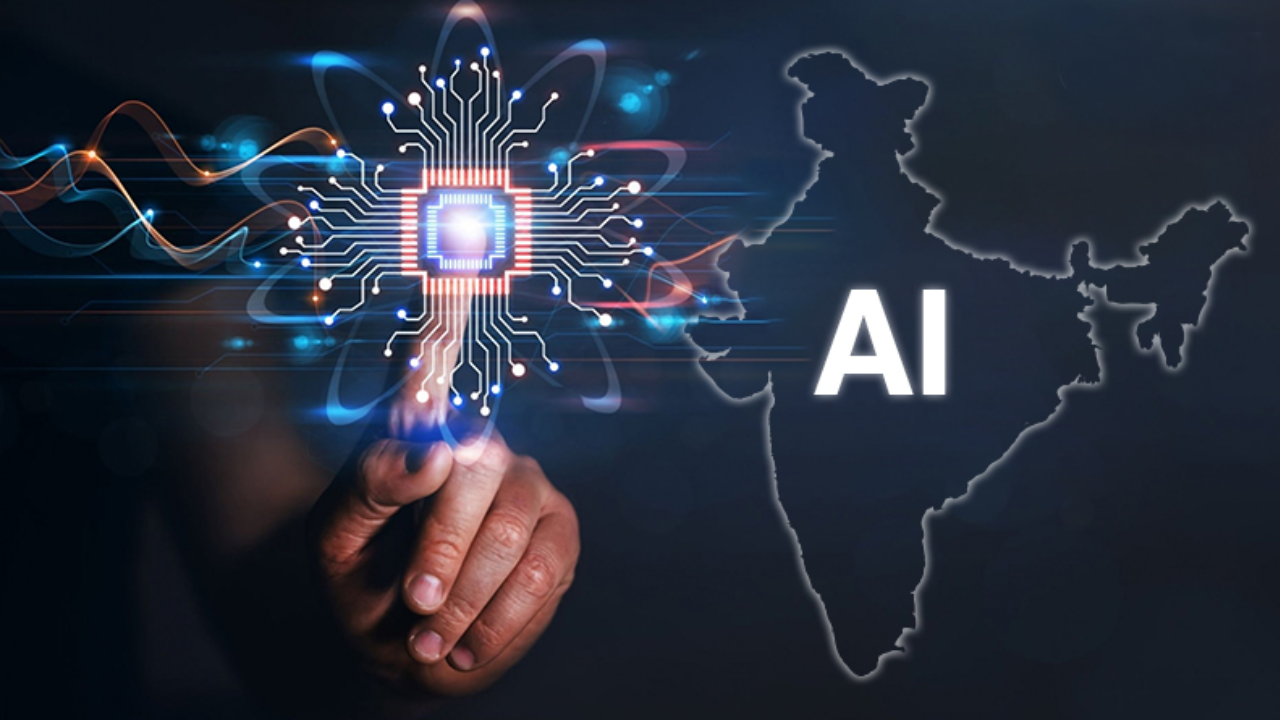AI in Policy Decision-Making: Is India Ready to Embrace the Future?
Artificial Intelligence (AI) is slowly becoming a part of how governments function around the world. From traffic control to public health systems, AI is now helping shape smarter decisions. In India too, the government is taking steps to use AI in making policies. But are we really ready?
In this special report by Social Impact Insight, we explain where India stands, what is being done, and how AI can change the way policies are made.
Why Is AI Important for Policymaking?
Policy decisions in India usually involve a lot of data — from census numbers to budget plans and citizen feedback. Going through this data manually takes time and may miss patterns. That’s where AI comes in.
AI tools can help:
- Analyse data quickly
- Find patterns humans may miss
- Predict future outcomes
- Improve service delivery
For example, AI can tell us which districts need more health centres, or which areas are at higher risk of flooding.
What Has India Done So Far?
India has taken several steps to adopt AI in government. Here are some recent efforts:
NITI Aayog’s National AI Strategy
India’s think tank, NITI Aayog, launched a national plan to use AI in areas like education, agriculture, health, and smart cities. The goal is to use AI for the benefit of every citizen — not just big cities.
IndiaAI Mission
In March 2024, the government approved a budget of ₹10,000 crore under the IndiaAI Mission. This fund will be used to develop AI-based tools and support Indian startups building AI for governance.
States Taking the Lead
- Andhra Pradesh is using AI to find tax evasion.
- Haryana is planning AI-enabled emergency response.
- Telangana is using AI to help detect cancer early in government hospitals.
These are small steps but they show how AI is slowly becoming part of everyday government work.
What Are the Challenges?
Despite the progress, India still faces some major roadblocks:
1. Digital Divide
Not all states or departments have strong internet or tech systems. This makes it hard to apply AI in rural or remote areas.
2. Lack of Trained People
India needs more data scientists, AI engineers, and policy experts who understand both AI and governance.
3. Privacy and Ethics
AI uses a lot of data. If that data includes personal details, it must be protected. India is still building strong laws to prevent misuse.
4. Fear of Job Loss
Many government employees worry that AI will replace their jobs. This fear must be addressed with training and proper planning.
What India Needs to Do Next
To move forward, India needs to:
- Train more public servants in AI basics
- Create clear rules on how AI should be used in government
- Encourage Indian companies to build AI tools for governance
- Involve citizens in the conversation to build trust
What Citizens Should Know
AI is not just a tech word anymore — it’s becoming part of the government. Whether it’s how your ration is distributed or how water is managed in your town, AI may soon play a role.
But for AI to work well, it must be fair, transparent, and useful to all — not just to the rich or powerful.
Final Words
India is moving in the right direction when it comes to AI in policymaking. We are not fully ready yet, but we are on the way. With proper training, investment, and rules, AI can help the government serve the people better.
For more updates on AI, governance, and how technology is changing politics in India, stay connected with Social Impact Insight.
✅ Bookmark our site
✅ Share this article
✅ Follow us for more real-world news you can understand!







